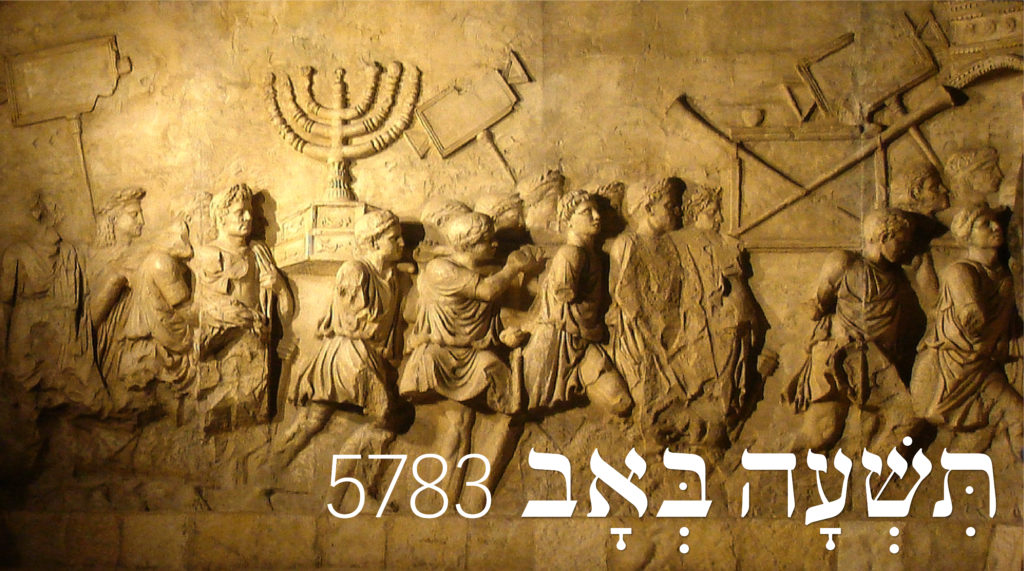-
×
 Passover Scrapbooking-2 Printable Pages-Hebrew Words-Haggadah Prayers Blessings-Pesach Seder Plate-kiddush cup-How to Make-INSTANT DOWNLOAD
1 × $15.55
Passover Scrapbooking-2 Printable Pages-Hebrew Words-Haggadah Prayers Blessings-Pesach Seder Plate-kiddush cup-How to Make-INSTANT DOWNLOAD
1 × $15.55 -
×
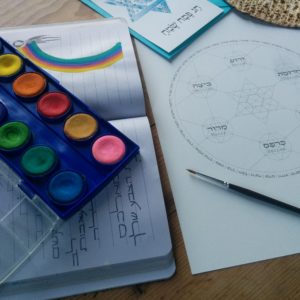 Passover Seder Plate Coloring Page-Blessing-Sacred Geometry-Star Tetrahedron-Pesach Craft Idea Activity-Jewish Art-Judaica-INSTANT DOWNLOAD
2 × $9.99
Passover Seder Plate Coloring Page-Blessing-Sacred Geometry-Star Tetrahedron-Pesach Craft Idea Activity-Jewish Art-Judaica-INSTANT DOWNLOAD
2 × $9.99 -
×
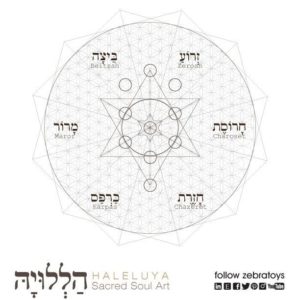 The Kabbalah Ten Sefirot Seder Plate Flower of Life Coloring Page-Jewish Art activity-Passover-Pesach Seder-Haggadah-Judaic-INSTANT DOWNLOAD
1 × $15.55
The Kabbalah Ten Sefirot Seder Plate Flower of Life Coloring Page-Jewish Art activity-Passover-Pesach Seder-Haggadah-Judaic-INSTANT DOWNLOAD
1 × $15.55 -
×
 Women of Valor-Eshet Chayil-Women Décor-Wood Sign-Decoration-Healing Décor-Healing Decor-Eshet Chayil Décor-Wall Décor-Judaica Art
1 × $222.00
Women of Valor-Eshet Chayil-Women Décor-Wood Sign-Decoration-Healing Décor-Healing Decor-Eshet Chayil Décor-Wall Décor-Judaica Art
1 × $222.00 -
×
 Plan. Aim High Journaling Page-Printable Writing Journal Template-Growing Productivity, Inner Wisdom, and Soulfulness-PDF-INSTANT DOWNLOAD
1 × $15.55
Plan. Aim High Journaling Page-Printable Writing Journal Template-Growing Productivity, Inner Wisdom, and Soulfulness-PDF-INSTANT DOWNLOAD
1 × $15.55 -
×
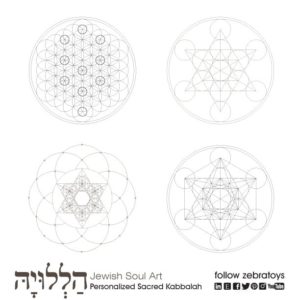 Personalized Kabbalah-Custom Order-Ancient Sacred Geometry Symbols-1 Printable Coloring Page-Jewish Spiritual-Made With Love by @HALELUYA
1 × $85.55
Personalized Kabbalah-Custom Order-Ancient Sacred Geometry Symbols-1 Printable Coloring Page-Jewish Spiritual-Made With Love by @HALELUYA
1 × $85.55 -
×
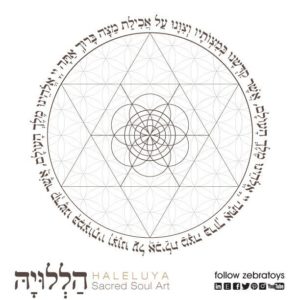 Matzah Blessing Passover Seder Coloring Page-Pesach Haggadah Prayer-Sacred Geometry-The Star of David-Jewish Art-Judaica-INSTANT DOWNLOAD
1 × $15.55
Matzah Blessing Passover Seder Coloring Page-Pesach Haggadah Prayer-Sacred Geometry-The Star of David-Jewish Art-Judaica-INSTANT DOWNLOAD
1 × $15.55 -
×
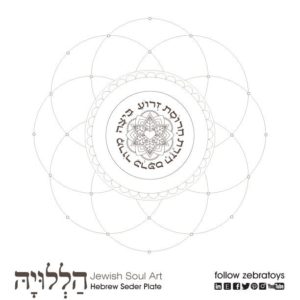 Hebrew Seder Plate-Passover Coloring Page-1 Printable Design-Haggadah-Jewish Art-Pesach Crafts Supplies-INSTANT DOWNLOAD by @zebratoys
1 × $15.55
Hebrew Seder Plate-Passover Coloring Page-1 Printable Design-Haggadah-Jewish Art-Pesach Crafts Supplies-INSTANT DOWNLOAD by @zebratoys
1 × $15.55 -
×
 Happy Hanukkah Scrabooking Page-Menorah Star of David-Paper Crafts-Print & Color-Mixed Media Art-Printable Digital Supplies-INSTANT DOWNLOAD
1 × $15.55
Happy Hanukkah Scrabooking Page-Menorah Star of David-Paper Crafts-Print & Color-Mixed Media Art-Printable Digital Supplies-INSTANT DOWNLOAD
1 × $15.55 -
×
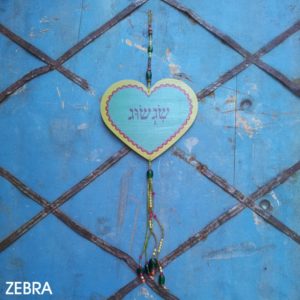 Prosperity-Jewish Blessing-Heart Decoration-Healing Decor-Home Décor-Inspirational Décor-Judaica-Sign-Jewish Gift-Prosperity Charm-Abundance
1 × $218.00
Prosperity-Jewish Blessing-Heart Decoration-Healing Decor-Home Décor-Inspirational Décor-Judaica-Sign-Jewish Gift-Prosperity Charm-Abundance
1 × $218.00 -
×
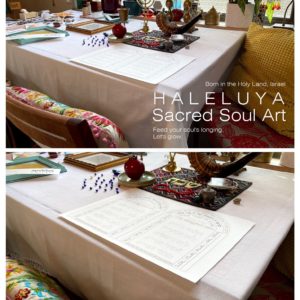 Ten Commandments-Judaica-Jewish Art-Coloring Page Printable-Judaism Values-Biblical Principles-Hebrew Ethics Activities-INSTANT DOWNLOAD
1 × $18.55
Ten Commandments-Judaica-Jewish Art-Coloring Page Printable-Judaism Values-Biblical Principles-Hebrew Ethics Activities-INSTANT DOWNLOAD
1 × $18.55 -
×
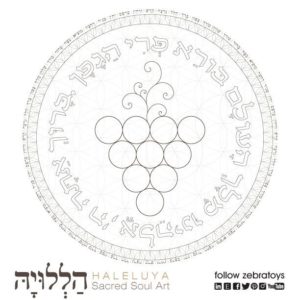 Borei Pri Hagafen Blessing-Wine Passover Haggadah KADESH Prayer-Coloring Page Printable-kiddish Prayer-Pesach kiddush-INSTANT DOWNLOAD
1 × $15.55
Borei Pri Hagafen Blessing-Wine Passover Haggadah KADESH Prayer-Coloring Page Printable-kiddish Prayer-Pesach kiddush-INSTANT DOWNLOAD
1 × $15.55 -
×
 Inner Peace Healing Love Frequencies Print-Sacred Geometry Soul Art-Geometric Symbols-Secret Elements-A4 Printable Design-INSTANT DOWNLOAD
1 × $25.55
Inner Peace Healing Love Frequencies Print-Sacred Geometry Soul Art-Geometric Symbols-Secret Elements-A4 Printable Design-INSTANT DOWNLOAD
1 × $25.55 -
×
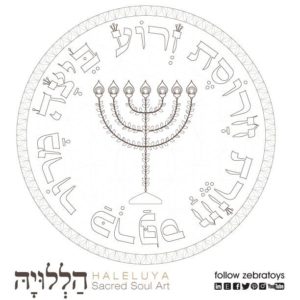 The Passover Menorah Seder Plate-Coloring Page-Jewish Art-Hebrew-Haggadah Pesach Plate-Flower Of Life-Judaica-INSTANT DOWNLOAD by HALELUYA
1 × $15.55
The Passover Menorah Seder Plate-Coloring Page-Jewish Art-Hebrew-Haggadah Pesach Plate-Flower Of Life-Judaica-INSTANT DOWNLOAD by HALELUYA
1 × $15.55 -
×
 Shanti Mandala-Printable Art-Hippi Digital Print-Gypsy Wall Décor-Meditation Art-INSTANT DOWNLOAD-DIY sheet-Crafts-Coloring page-Healing Art
1 × $5.00
Shanti Mandala-Printable Art-Hippi Digital Print-Gypsy Wall Décor-Meditation Art-INSTANT DOWNLOAD-DIY sheet-Crafts-Coloring page-Healing Art
1 × $5.00 -
×
 Geometric Page-Sacred Geometry Symbols-Elements-Balance Emotions Print-Coloring Art Printable-INSTANT DOWNLOAD HALELUYA
1 × $15.55
Geometric Page-Sacred Geometry Symbols-Elements-Balance Emotions Print-Coloring Art Printable-INSTANT DOWNLOAD HALELUYA
1 × $15.55 -
×
 Rainbow Rhombus Pattern-PDF Printable Texture-Geometry Art-Holiday-Party Decorations Paper Craft Page to Print-Geometric Shapes-DOWNLOAD
2 × $18.88
Rainbow Rhombus Pattern-PDF Printable Texture-Geometry Art-Holiday-Party Decorations Paper Craft Page to Print-Geometric Shapes-DOWNLOAD
2 × $18.88 -
×
 Kislev 5781 Calendar-Printable file-Hebrew Month-Hanukkah-Jewish Planner-Time Management-Poster A3-Easy to Print PDF format-INSTANT DOWNLOAD
1 × $18.55
Kislev 5781 Calendar-Printable file-Hebrew Month-Hanukkah-Jewish Planner-Time Management-Poster A3-Easy to Print PDF format-INSTANT DOWNLOAD
1 × $18.55
Subtotal: $790.89


